Whether you are experiencing symptoms or not, it is a good time to take inventory of common allergens in your house and how to alleviate them.
Dust mites
The number one common allergen in your house is dust mites. These tiny insects are the most common cause of indoor allergies. Dust mites feed on microscopic flakes of skin we naturally lose throughout the day and trigger upper respiratory illnesses, including asthma. While they thrive best in warm, humid areas, they can be found anytime and in every season of the year.
To alleviate dust and dust mites, reduce the contaminants in your home by vacuuming carpets and furniture, and washing curtains and bedding regularly. If you are experiencing symptoms of upper respiratory illness or asthma, it is a good idea to get tested for dust mite allergies. If dusting, vacuuming and washing bedding don’t improve symptoms, it may be necessary to remove older carpets or rugs. Updating flooring to wood or laminate allows for easier cleaning and better dust reduction.
Mold
Indoor mold can grow in damp, dark environments such as bathtubs, showers, basements and around windows. Cleaning these areas to remove the mold is important but being proactive to ensure the mold doesn’t return is even better. Using bathroom fans to remove humidity in bathroom spaces and kitchen fans to take out the moisture caused by cooking reduces moisture in the house.
Adding a dehumidifier to reduce the humidity in the home and remove musty smells is also beneficial. By extracting the moisture from the air, mold and mildew can be prevented before it starts. A home’s humidity should be kept as low as you can, with no more than 30-60 percent humidity, according to the Environmental Protection Agency. Knowing basements tend to breed mold and mildew makes it a poor choice for a living space in a case where someone is suffering from indoor allergies.
Since mold tends to grow best in dark places, opening the curtains and letting the sunlight in helps prevent mold growth. Fixing leaks in the home promptly and addressing musty smells will help ensure your home’s mold and mildew growth is minimal.
Related: Is Your Home Killing You and You Don’t Even Know it?
Pollen
While the sunshine and warmth of spring and summer seem to be a great time to open windows and let fresh air in, this is also the perfect storm for pollen to waft into the home. Pollen can come in on shoes and clothes, but leaving windows and doors open gives it a direct path.
According to Healthline, about 8% of the population has hay fever or a pollen allergy. The best way to combat pollen as an indoor allergen is removing shoes in the home, leaving windows and doors closed, and replacing the filter in the home’s HVAC system. Most commonly, HVAC air filters should be replaced every three to six months, but it is best to check the manufacturer’s instructions.
In addition to keeping the house closed to reduce pollen in the home, keeping pets clean is also important. Pets can carry in pollen from outside on their fur, spreading it throughout the house. Bathing pets not only removes pollen but can reduce their pet dander, another common allergen.
Cockroaches
Fortunately, these pests aren’t as prevalent in the Pacific Northwest, but they rank high on the indoor allergen list for many other areas of the United States. Cockroaches are a common problem in warmer climates and highly populated cities. They are, in fact, considered largely responsible for allergy and asthma problems whenever they are present.
Related: How to Get Rid of Cockroaches
Just like the dust mite feces contaminate a home, cockroach saliva and feces are also responsible for producing allergens. The only way to solve this problem is with regular cleaning and if the problem is big enough, hiring an exterminator may also be necessary.
Addressing these common allergens in your house and how to alleviate them will certainly improve the health of allergy sufferers.
If you need further support, HEPA filters and air filtration systems can be installed to reduce allergens in your home.


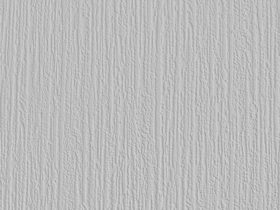
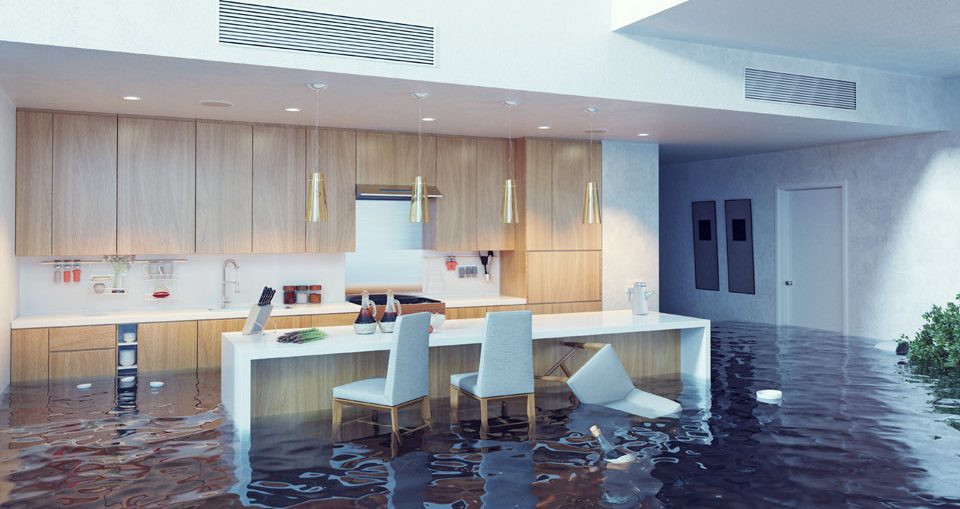
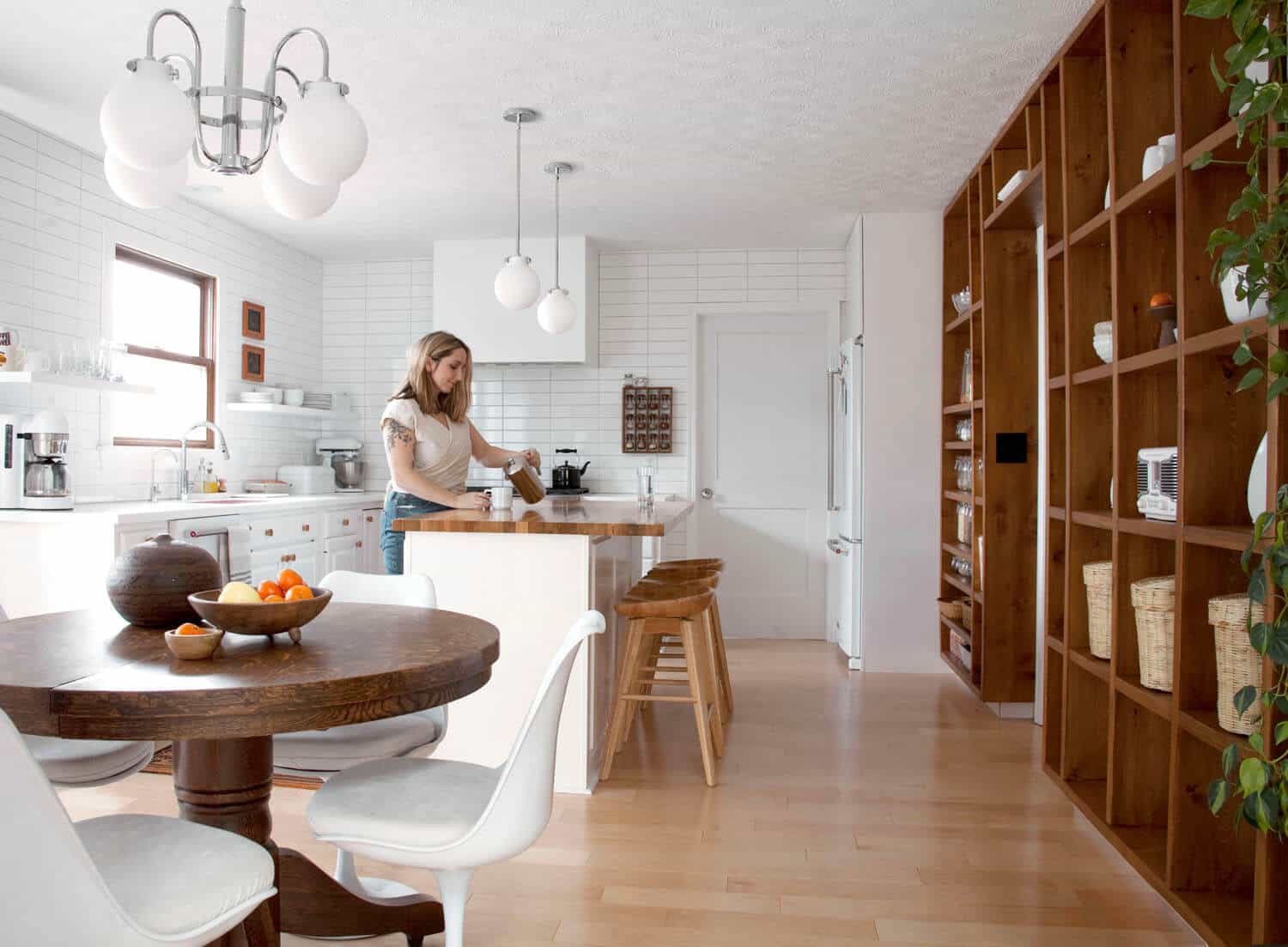


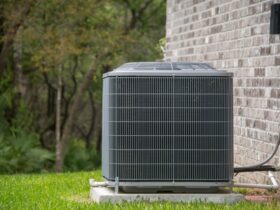




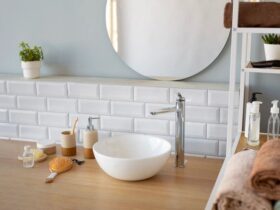






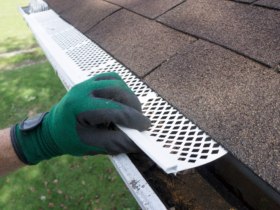


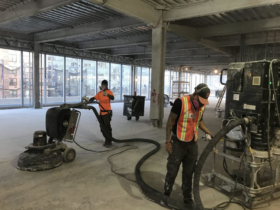
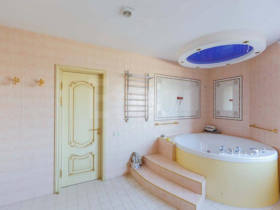




Leave a Reply